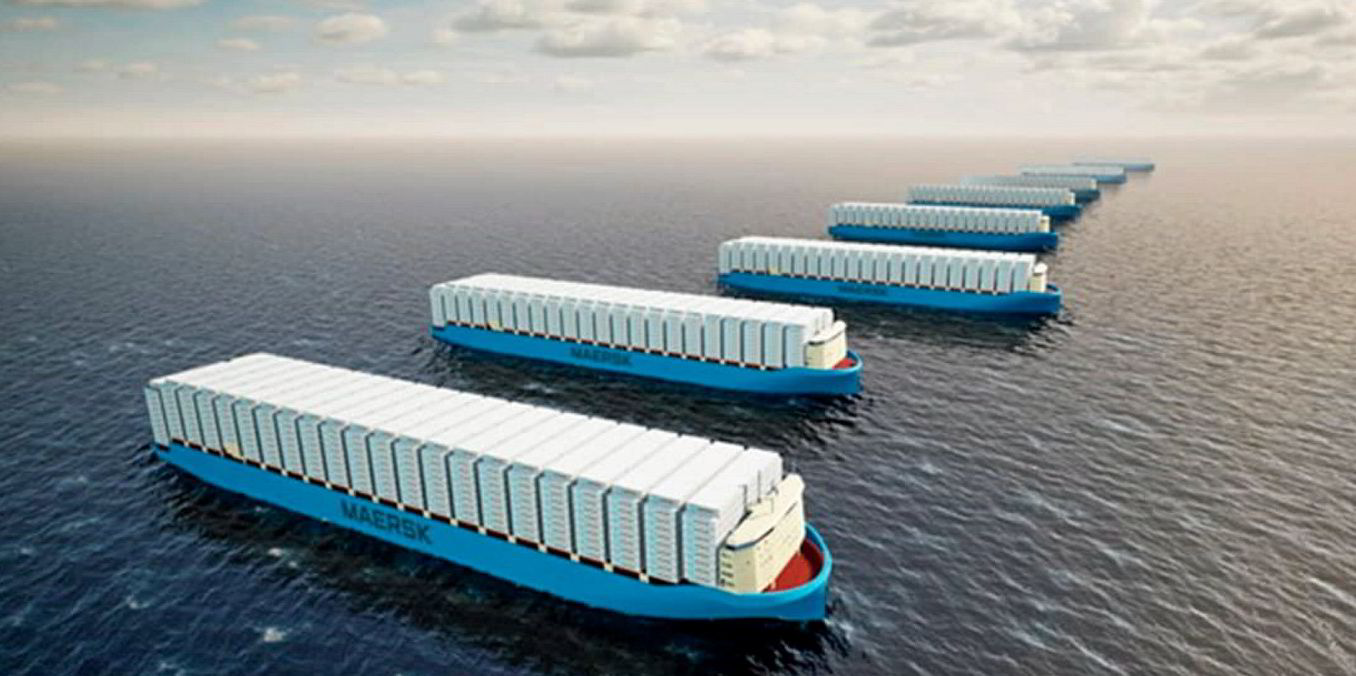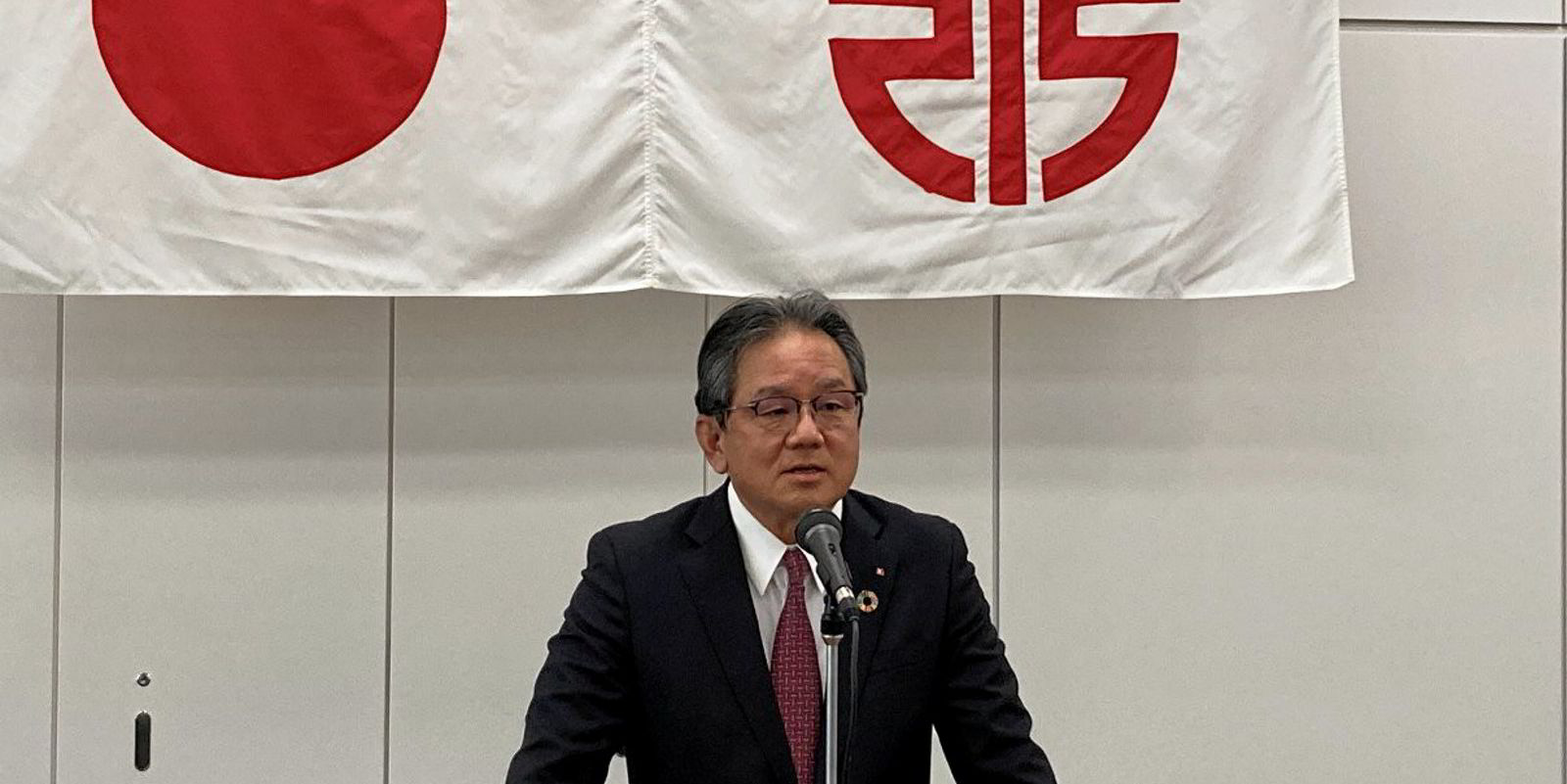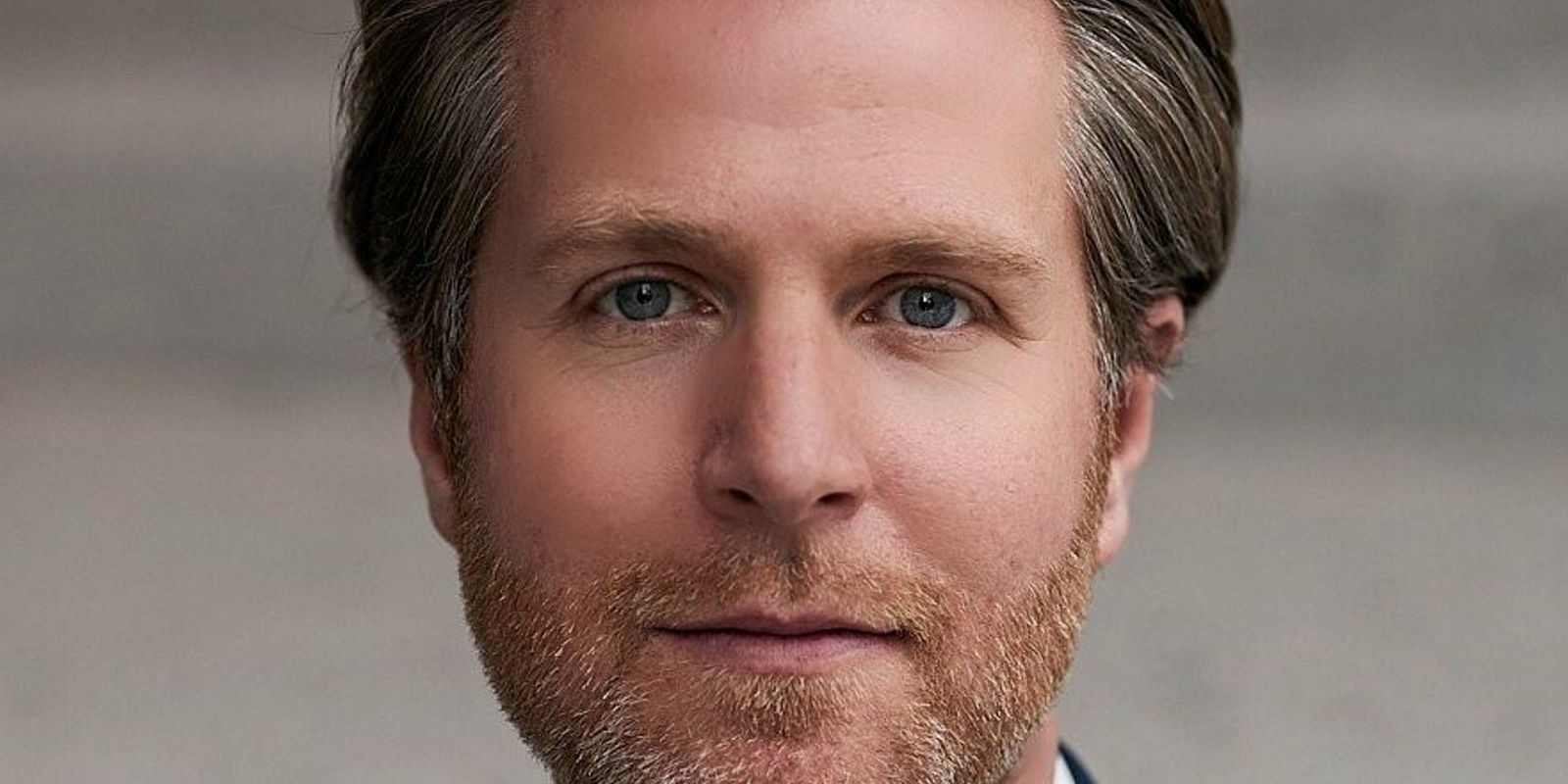Japanese owners K Line and NYK Line were the standout performers again in this year’s Carbon Disclosure Project (CDP) ratings, but what about the rest of the shipping world?
K Line and NYK were the only shipping groups to get A grades from what NYK describes as the gold standard of corporate environmental transparency. Some other companies improved their positions, a few dropped back and many stood still.
AP Moller-Maersk and Swire Pacific were among the best of the rest, improving to A- ratings in 2022, from B last year.
Evergreen Marine got a B and Log-in Logistica Intermodal went to B- (both from F grades in 2021 for declining to participate).
Wan Hai Lines also got B- after a previous F grade due to not submitting and U-Ming Marine Transport rose to B from D.
Yang Ming Marine Transport and Wilson Sons Holdings both rose to B from C in 2021.
Holding steady were Hapag-Lloyd, Carnival Corp, Euronav, HMM, Norwegian Cruise Line, Klaveness and Pan Ocean, which all held their B ratings, while Star Bulk Carriers rose from B- to B.
Medium-level fallers included Royal Caribbean Cruises slipping from B to C while Odfjell went from B- to C.
DFDS, Norden and Wallenius Wilhelmsen all regained C grades and MISC moved up to C from D.
Stolt-Nielsen and Irish Continental achieved a D, from a previous F for no submission, and Sinotrans stayed on D, while Cosco Shipping Energy rose to D from D-.
F grades for no response were handed again to Tallink Grupp, Braemar Shipping, Brookfield Infrastructure Partners, China Cosco Shipping Holdings, Frontline, Matson, Orient Overseas International Ltd, Qatar Gas Transport and Stena.
China Merchants Energy Shipping and China Merchants Port Holdings received F for no submission. Kuehne + Nagel International submitted a report but no score was given. BW LPG, which got an F last year, also submitted a report but no score was attributed.
CDP does not publicly explain how scores are arrived at, but did say it raised the bar in 2022 for what qualifies as environmental leadership by including new or more stringent scoring on, among other criteria, 1.5C-aligned climate transition planning.
It said too many companies were stagnant this year, with 66% of D- to A- companies from all sectors in 2021 not improving this year.
The market demand for corporate environmental transparency is louder than ever, CDP added, with mandatory disclosure regulation to take effect within the next three years in many major economies.
Most companies are still not managing environmental issues holistically and too many remain complacent or are failing to respond, said CDP’s global director of corporations & supply chains, Dexter Galvin.





